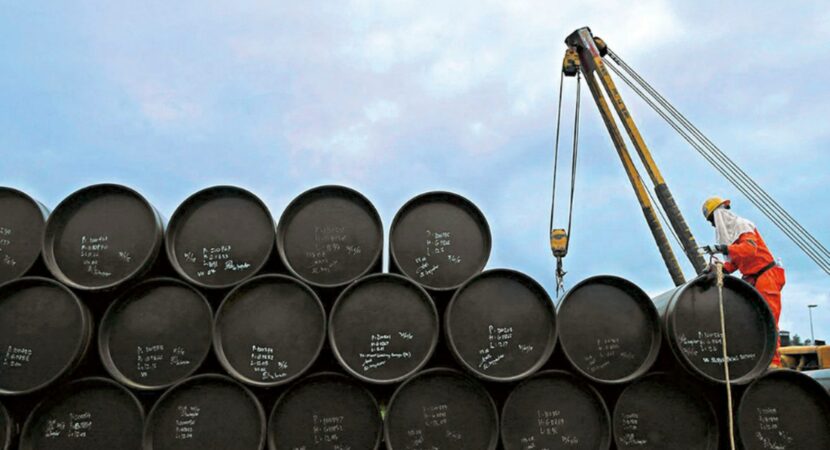
The consequences of rising oil prices are not just in the consumer's pocket: according to the RAF, the government's primary deficit is also affected
As a result of the war in Ukraine, which had a strong impact on the oil market and global economies, the primary deficit, that is, the difference between government expenditure and revenue, with the exception of interest, which is foreseen in the Budget, should exceed R$76,2 billion to R$108,1 billion. This is one of the most important pieces of information in the Tax Monitoring Report (RAF) of March by the Independent Fiscal Institution (IFI), which was disclosed last Wednesday, March 16th. The RAF contains a monthly analysis of the macroeconomic situation, revenues, public expenditures and the budget cycle.
In addition, this month's Fiscal Monitoring Report (RAF) also showed another important point: inflation will remain high. After reaching 1,01% last month, the highest rate for a month in 7 years, the consumer price index should remain under pressure in the following months. In this sense, the main cause is the latest readjustment in fuel values (18,7% for gasoline and 24,9% for diesel), which was announced by Petrobras – whose president replaced – as a result of the increase in the barrel of oil on the world market, an attitude that was criticized by the government.
According to The Senate Agency, in the IFI Fiscal Monitoring Report there are the following words: “The fragility of the fiscal and economic situation is exacerbated in an adverse international context. The greatest risks are concentrated in inflation and, consequently, in interest rates. From a fiscal point of view, the result will be an increase in the debt/GDP ratio”.
Thus, the IFI RAF lists the actions announced or approved to avoid harm to the consumer, such as:
- The reduction of the Tax on Industrialized Products (IPI), announced by the government;
- Exemption from PIS/Cofins, due to expire in December of this year;
- O Bill No. 1.472/2021, which was authorized by the Senate in early March and sent to the Chamber of Deputies. This project develops the so-called CEP (Oil Price Stabilization Account), to reduce price instability at gas stations. In the document there is a primary analysis of the consequences of the CEP and studies the possibility of it being financed by extraordinary credit.
As assessed by the IFI, all of the above measures should result in a loss of revenue for states, municipalities and the Union of the Federal Government.
Also present in the government report are analyzes of the Selic rate – which will probably continue to grow to sustain the inflation –, the development of GDP per capita – which, despite having increased last year, is still below 2013, the year in which it reached its highest level – and public debt. The latter had a drop from 88,8% to 79,6% of GDP in the period of one year, however, due to the rise in interest rates, the tendency is for it to rise again, according to the RAF estimate.
Source: Senate Agency
Petrobrás fuel price freeze and ICMS reduction are highlighted among the Federal Government's proposals to mitigate the effects of the rise in the value of oil
With the intensification of the conflict between Russia and Ukraine, international oil prices soar and worry world leaders. With the Government of Brazil it was no different: Jair Bolsonaro is discussing with Congress the possibility of freezing the price of Petrobras fuel.
The cost of not accompanying the rise in fuel prices in the foreign market would be borne by Petrobras. The government argues that, as Petrobras' costs are in reais and it posted record profits last year, it is in a position to handle the price adjustment in this unstable period. To read this article in full, just click here.












